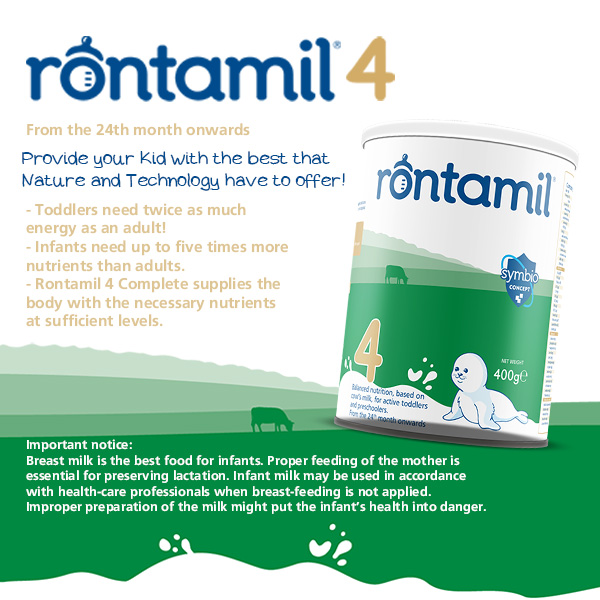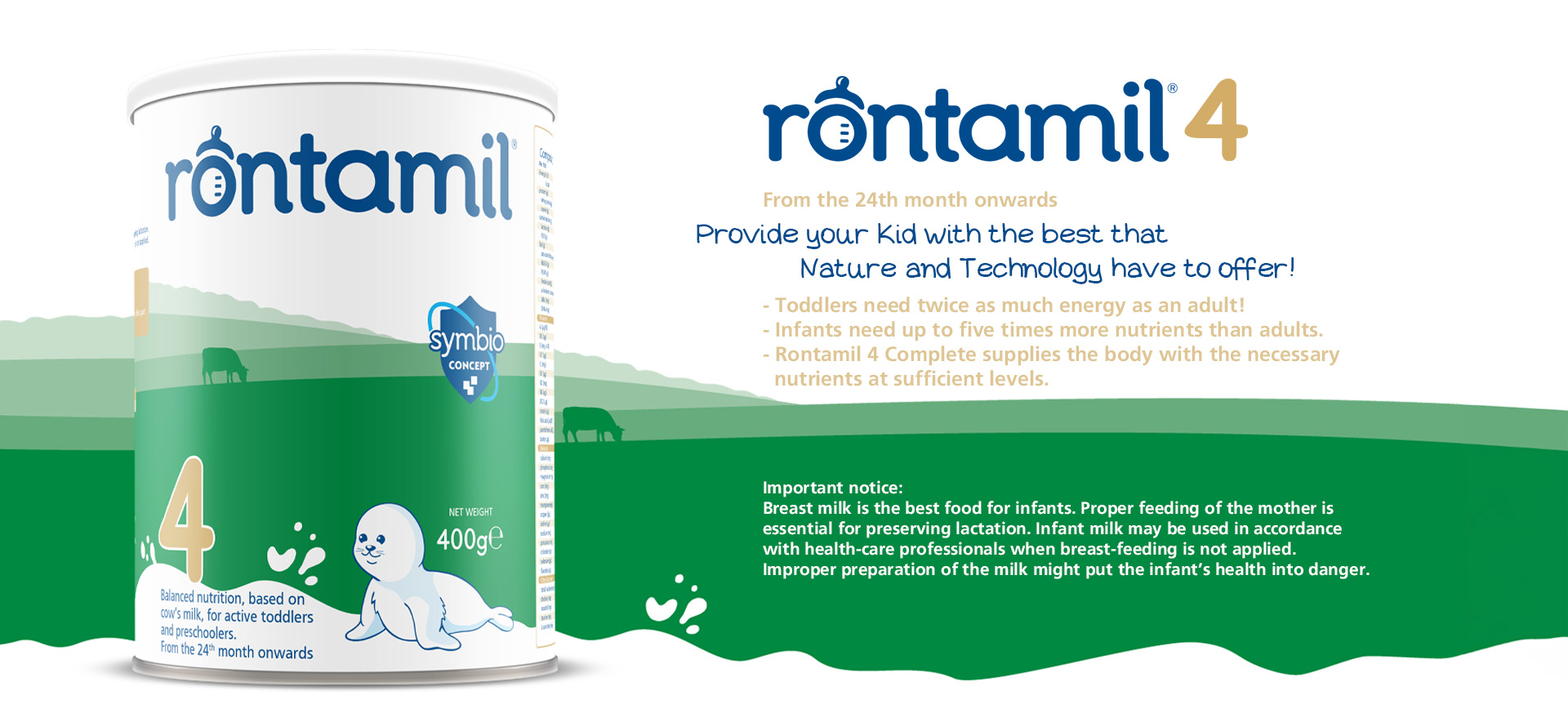Select your baby’s birth date or your due date.
Calendar
2 Things to Know About Baby Cereal Nutrition
Many pediatricians agree that baby cereal is an ideal first food. Here is what you should know about the mushy, soft, iron-fortified product.
When your pediatrician gives you the go-ahead to introduce solids to your baby, usually around 4-6 months, one of the most popular first foods is baby cereal. These mushy, soft concoctions can be made with a variety of different ingredients, including rice, barley, oats, and mixed grains. They help satisfy a baby’s growing appetite, and they provide critical nutrients such as iron. Here are two things parents should know about baby cereal.
Baby Cereal Provides Much-Needed Iron
Iron is critical for healthy brain development. The nutrient is especially important for breastfed babies since breast milk contains very little. Just two 1/4-cup servings of iron-fortified infant cereal (oatmeal, rice, barley, or mixed grains) deliver most of your baby’s daily iron needs. Infant cereal also provides other nutrients, such as zinc, calcium, and vitamins B, C, and E.
It Can Be a Teaching Tool
Once your baby adapts to the mushy texture of baby cereal, you can gradually make it thicker by adding less liquid (breast milk or formula). The familiar bland-tasting flavor guarantees eager eating, while the thicker textures help your baby learn how to chew and swallow. Thickened baby cereal also has potential health benefits: Babies with gastroesophageal reflux (GERD) or dysphagia need their food to be thicker to swallow safely. What is more, the semi-solid texture of baby cereal serves as a steppingstone for other finger foods, such as softened fruits, vegetables, and meats. Your baby may have an easier time starting solids if she tries baby cereal first.



